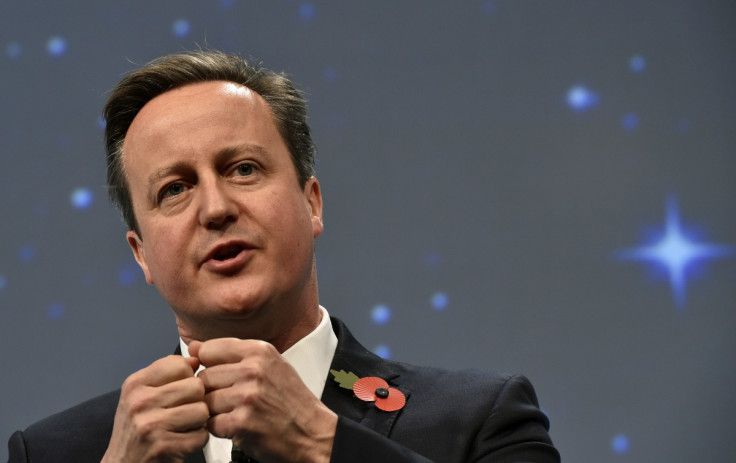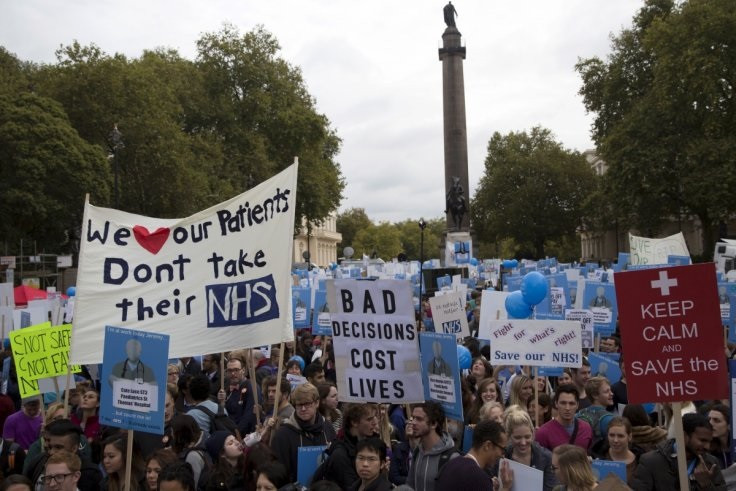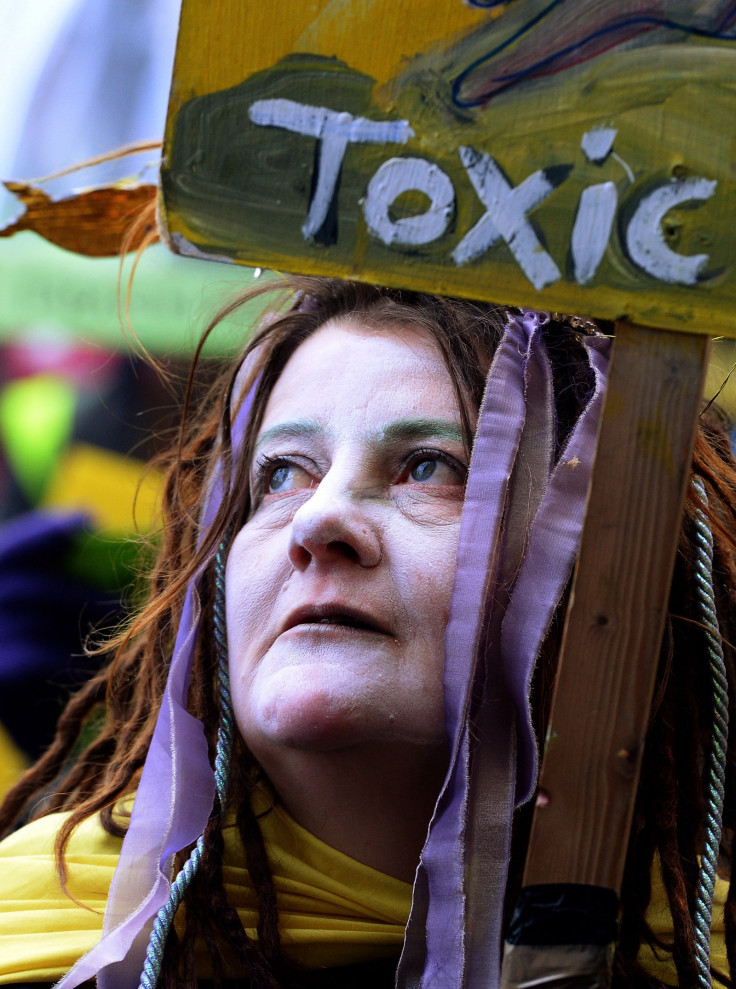Tory U-turn turmoil: Tax credit climbdown, northern rail reversal and EU migrant back-pedalling

They have only had a majority government for six months, but already the Conservatives' slim advantage in parliament has been stretched to breaking point and the party leadership forced into a number of awkward U-turns.
Conservatives are not new to U-turning. The early years of the coalition government with the Liberal Democrats was marked by policy U-turns as they worked under the cloud of economic stagnation and financial crisis in the eurozone.
Plenty of practice then for the number of about-turn manoeuvres performed since 5 May 2015, after securing the first Tory majority since they were booted out of office by Tony Blair's resurgent and reformed Labour party in 1997.
Tax credits
Despite wanting to axe £4bn from the tax credits bill, and getting it through the House of Commons, the government was blocked by a rebellious House of Lords thanks to some arcane rules about parliamentary procedure. Many on the Conservatives own benches were uncomfortable with cutting working tax credits - which would have left families, on average, £1,300 a year worse off - because it would stop rewarding work.
Some ministers in the cabinet were rumoured to be unhappy with the cuts too, and wanted extra provision for families on the lowest incomes. In the end, Chancellor George Osborne abandoned his original plans and said he will think again. But the Lords, who some accused of breaching constitutional convention, probably hasn't heard the last of this.

Sunday trading laws
The government wanted to relax the restrictions on Sunday trading to allow those companies which wanted to open longer, and workers who wanted to earn more money, to do so. But there was opposition across the Commons from social conservatives and pro-union MPs because of concern over the impact on families. So the government has reportedly ducked the fight by parking the draft legislation.
Stopping benefits for EU migrants
The Conservative manifesto promised to prevent migrants from the EU claiming benefits for the first four years of living in the UK. But after failing to find support for such a proposal among other EU leaders, Cameron was forced to backtrack on this promise and said in a speech that he was "flexible" over benefits for migrants and would be open to other ideas.
Junior doctors
Health Secretary Jeremy Hunt is trying to introduce new contracts for the NHS's hard-pressed junior doctors, on who much of the government's 7 days a week plan for the health service will fall. Hunt's original plans to overhaul the contract terms were met with outrage by junior doctors, many of who would have seen a pay cut, and they are threatening to strike. As the row reached its pinnacle, with doctors out on the streets of London in a mass protest, Hunt offered a package with an 11% basic pay rise, and may well have averted strike action.

Refugees
Having said over the summer that the answer to the refugee crisis was not to take into Britain more of those fleeing the war in Syria and Iraq, Cameron later committed to taking an extra 20,000 over the five years to 2020 and resettling them in the UK. The sudden change in speed -- just 5,000 had been resettled since 2011 -- followed intense media attention on the drowning of the Syrian refugee toddler Aylan Kurdi, whose body washed up on the Turkish coast.
Northern rail electrification
After the government promised to create a "Northern Powerhouse", with part of the plan to electrify much of the rail network in the north of England, the transport secretary Patrick McLoughlin announced a "pause" in the electrification plans for major connections, such as the line between Leeds and Manchester. This was, the government said, so it could focus on other Midlands and northern rail service improvements and keep Network Rail within its budget. Electrification would have to wait its turn.
Fracking regulations

The government has been a firm supporter of the burgeoning shale gas industry, but there are a number of environmental concerns it is trying to navigate with regulation. But the energy department U-turned on an outright ban on fracking at sites of special scientific interest -- which it had promised before the election -- in draft legislation put before parliament. Then it did a lesser-spotted double U-turn, and put protections back into the legislation.
Foreign nurses
The NHS was a casualty in the government's failing battle to cut migration numbers. Medics warned that tighter controls threatened the health service because it would not be able to bring over nurses from outside the EU, worsening a shortage that already exists. In the end, home secretary Theresa May lifted the controls for nurses, allowing the NHS to hire foreign nurses at will.
© Copyright IBTimes 2025. All rights reserved.





















